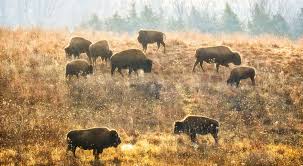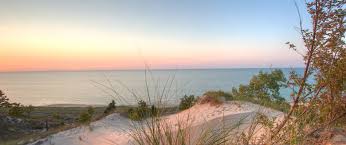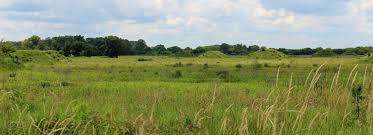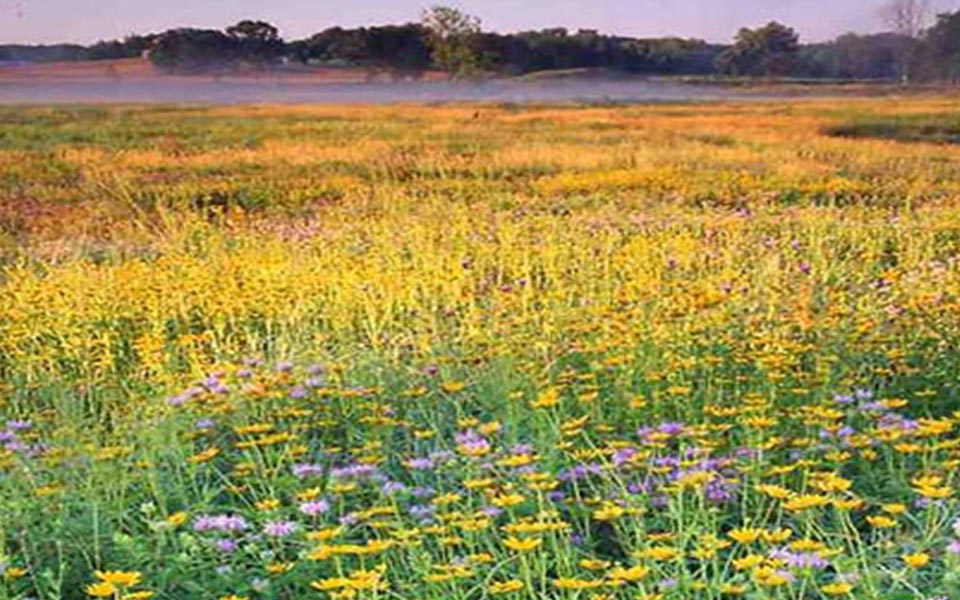
CLIP PROGRAM DETAILS: Field Trips
Published on
04 February 2021
CLIP PROGRAM DETAILS: Field Trips
CLIPterns will receive a professional contact from each field trip location and may apply for summer positions at these locations (in future years) to further develop their career.
Nachusa Grasslands (The Nature Conservancy)

- CLIP participants will learn Plant Identification techniques through seed collection and invasive species control activities.
- CLIP participants will get a tour of Nachusa’s Seed processing program and learn seed processing techniques (collection, drying, milling, storage, mixing, planting).
- CLIP participants will receive a site tour with explanation of varying management techniques utilized at Nachusa (i.e. Bison Grazing, Prescribed Fire, Over-seeding with forb dominant mixes, boom spraying, combine seed collection/processing, stewardship etc).
Indiana Dunes National Park (The National Park Service)

- CLIP participants will tour the Fire Program at INDU (i.e. fire cache, equipment, explanation of the role of fire at INDU, how to plan for prescribed fire etc.)
- CLIP participants will become familiar with vegetation monitoring protocols for the Fire Effects program ( such as several or more of following: point intercept method, DBH, Pole/Seedling/Over-story Tree ID, crown position of trees, snag ID, damage, percent cover, duff, species diversity quadrats and woody species categories with tallies)
Midewin National Tallgrass Prairie (United States Forest Service)

- CLIP participants will learn vegetation monitoring protocols for the Vegetation GIS Data System (VGS) developed by the University of Arizona.
- Students will aid in collecting plant species data, using quadrats on long term transects set up at Midewin (this may include data entry on tablet using VGS).
- CLIP participants will receive a site tour with an explanation of land management and restoration techniques utilized by Midewin.
- Students will visit the dolomite prairie, wetlands and go on a bison tour.
Glacial Park (McHenry County Conservation District)

- CLIP participants will lead an environmental education program (i.e. an educational hike, game and/or lesson).
- CLIP participants will receive a site tour and brief explanation of the history of MCCD and Glacial Park.
McHenry County College (MCC)

- CLIP participants will tour campus facilities relevant to the CLIP program, including but not limited to:
- Greenhouses
- On site farming facilities
- CLIP participants will visit local farms that employ conservative farming practices such as:
- Conservation Grazing
- Cover Cropping
- Regenerative Agriculture
- CLIP participants will view a demonstration of how to take soil samples and how to analyze key soil properties such as:
- Organic Matter
- Aggregate structure